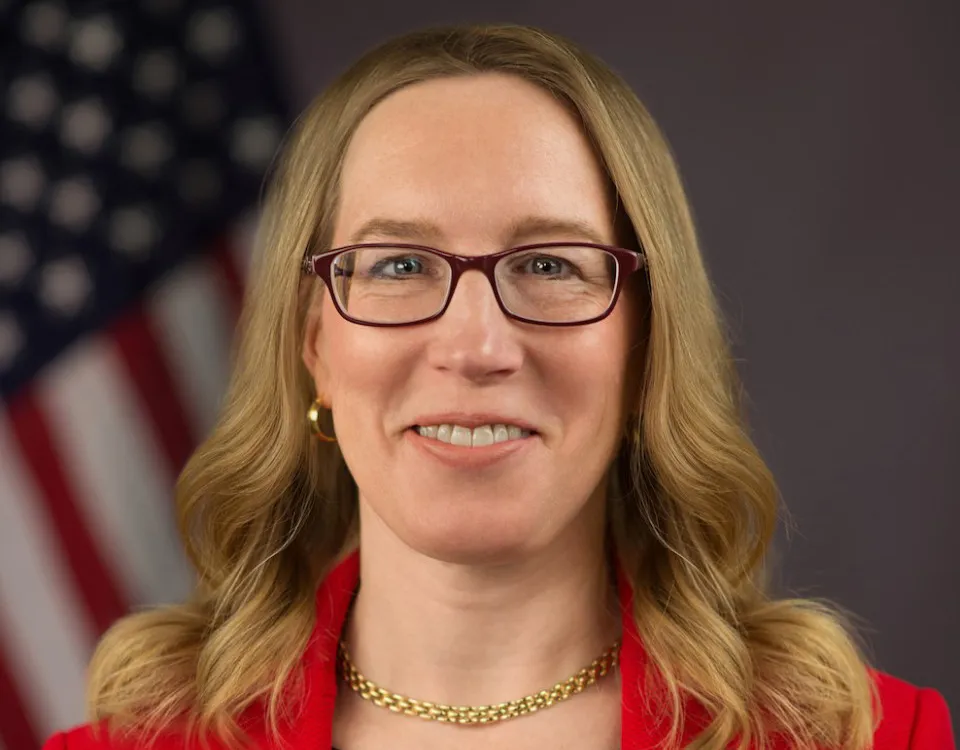Environmental and social issues have never been more prominent in capital markets. New strategies, funds and financing instruments that engage with these issues are emerging at an accelerating pace.
This reflects the consensus among almost all players now that sustainability is a core dimension of value, according to HSBC’s global survey of 2,000 market participants, run by Euromoney.
The research, now in its second year, was conducted in July and August when market participants around the world had been dealing with the savage effects of the coronavirus on the economy for several months.
Sustainability across the globe
With markets hugely volatile as governments’ and central banks’ responses to the pandemic have played out, market participants’ thinking on sustainability has been affected in a variety of contrasting ways – and often with notable differences between regions and even individual countries.
Some might expect this to make market participants take their focus off sustainability and environmental, social and governance (ESG) issues. Instead, the pandemic has made issuers and investors more convinced than ever of the need for sustainability. Nearly 30% of investors (and 40% in Asia) affirm that the pandemic has strengthened their commitment to considering ESG issues. Of issuers, 41% now believe even more strongly that becoming sustainable is important.
Daniel Klier, global head of sustainable finance, HSBC, said in response to the report that: “Despite the challenging global market conditions throughout 2020, the outlook for sustainable financing and investing appears to be extremely strong.
“Investors continued to pour money into sustainable funds in the first three months of 2020.”
A surge in sustainable investment?
Only a tiny proportion (some 1.5%) of respondents say the pandemic will make them reduce emphasis on ESG permanently. A somewhat more statistically significant group (9% of investors, 12% of issuers) have put it on ice temporarily.
These positive responses – in the face of a global pandemic with unprecedented and still unfolding impact – underscore how central sustainability is becoming to financing and investing, all over the world.
Despite the challenging global market conditions throughout 2020, the outlook for sustainable financing and investing appears to be extremely strong.
Daniel Klier, global head of sustainable finance, HSBC
Of the 1,000 issuers and 1,000 investors who answered our detailed questions, 89% regard environmental and social issues as important, whether somewhat or highly. Among issuers, the proportion is 93%.
This consciousness is very firmly rooted in all the regions and major markets we surveyed: in Asia, the Americas, Europe and the Middle East.
A plan for action
Finance practitioners have not just recognised the seriousness of these issues – they are determined to act themselves, by making the way they invest, raise capital and allocate it to projects more informed by sustainability.
There is strong support for further growth of the green, social and sustainable bond markets: 36% of all bond investors do not buy these bonds yet, but expect to start buying them seriously for the first time.
Moreover, many make a greater claim for sustainable finance – not just that it is important, but that it pays for itself. Half (49%) of investing institutions around the world argue that factoring environmental and social issues into their strategies improves portfolio returns and/or lowers investment risk.
This is down slightly from 54% a year ago, and is one of many areas of the survey that reveal the profound and complex impact of the COVID-19 pandemic on sustainable finance. Among investors, 87% say it has changed how they consider environmental, social and governance issues, while 92% of issuers say it has altered their approach to sustainability.
Even so, sustainability remains a growing focus for many respondents and sustainable finance continues to move towards the mainstream. “The strong sentiment demonstrated from our respondents that the barriers to sustainable investing are falling,” was noted in particular by Klier.
Indeed compared to last year’s results, where 61% of respondents cited significant obstacles, that figure is now just 46%.
The trends towards more accessible and more attractive sustainable finance opportunities appear clear, particularly given the challenges the world faced in this most unusual year. Time will tell, over the next year, if the positive direction of travel will remain the same.
___
Notable trends shaping sustainable finance:
-
Issuers have moved ahead of investors in their commitment to sustainability: 97% globally expect to redeploy capital in response to environmental and social challenges and opportunities over the next five years, up from 94% in 2019.
-
Among issuers, 94% disclose aspects of their environmental and social performance, and 93% to 98% believe their capital providers (shareholders, bondholders and bank lenders) care about this.
-
Values are still the commonest driver for issuers’ commitment to the environment and society: 55% say this is a reason for their stances.
-
Risk/return and external pressures are now more influential than values in pushing investors towards sustainability awareness: 49% cite risk/return versus 38% values.
-
Although the COVID-19 pandemic has influenced investor attitudes in a variety of ways, just 9% globally are unwilling to pursue ESG investing and only 46% still feel held back by obstacles. That is a big reduction from the 61% who felt obstructed a year ago.
-
Over half of investors (51%) have already adopted firm-wide policies on responsible investing/ESG issues and 35% now disclose the ESG characteristics of their whole portfolios — up from 24% in 2019.
-
Investment opportunities in sustainable infrastructure stand out — particularly in energy technologies (above all, renewable power and lower carbon fuels) and water and waste water systems.
-
Climate change is acknowledged — 55% of issuers say they are already affected or view it as a threat within 10 years, while 76% of investors recognise it as the most urgent threat to humanity or one of its most serious challenges.
Read or download the full report at HSBC.
Interact with the data itself through the research dashboard.





